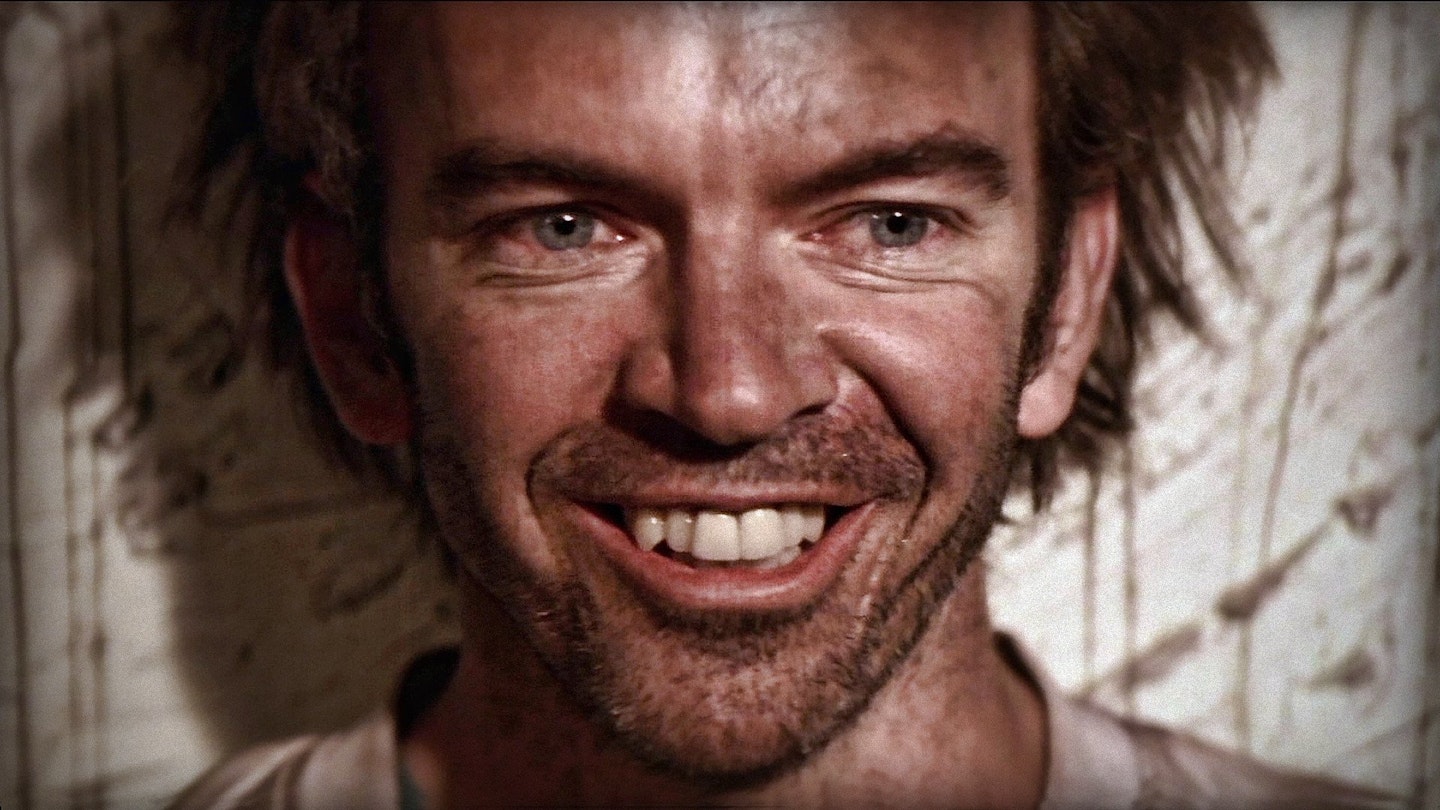The first reels of Bad Boy Bubby are an endurance test for the easily‑depressed, but once Bubby gets out of the horrible family home, the film segues from extraordinary and unbearable to extraordinary and exciting. Wandering away from the fridge‑ready corpses of his parents (and a cat) into a storyline reminiscent of Being There or The Enigma of Kaspar Hauser, Bubby imitates others' behaviour to sometimes disastrous ends, and pursues his ideal woman, who turns out to be a large, good‑natured nurse.
In the city, he encounters brutality, indifference, sex (seduced by a svelte Salvation Army singer and brutally raped in jail), patronage, showbiz success and camaraderie (when he is adopted by a punk group who incorporate his cat‑killing rants), notoriety (as the police seek the clingfilm killer), love and a religious revelation.
Dutch‑Australian director Rolf De Heer uses techniques which seem like gimmicks (employing 31 different directors of photography, recording all the sound through tiny mikes hidden in the star's ears) which somehow don't get in the way of the disorienting story. One scene, as Bubby hugs a handicapped girl whose love he can't return, is among the most wrenchingly honest thing in the movies.
Hope gives an astonishing performance, while the film manages marvellously to weave grotesque humour from the indefensible. It's a one‑off weirdie, offputting for whole stretches but unforgettable, not for everyone but highly recommended to the discerning.
